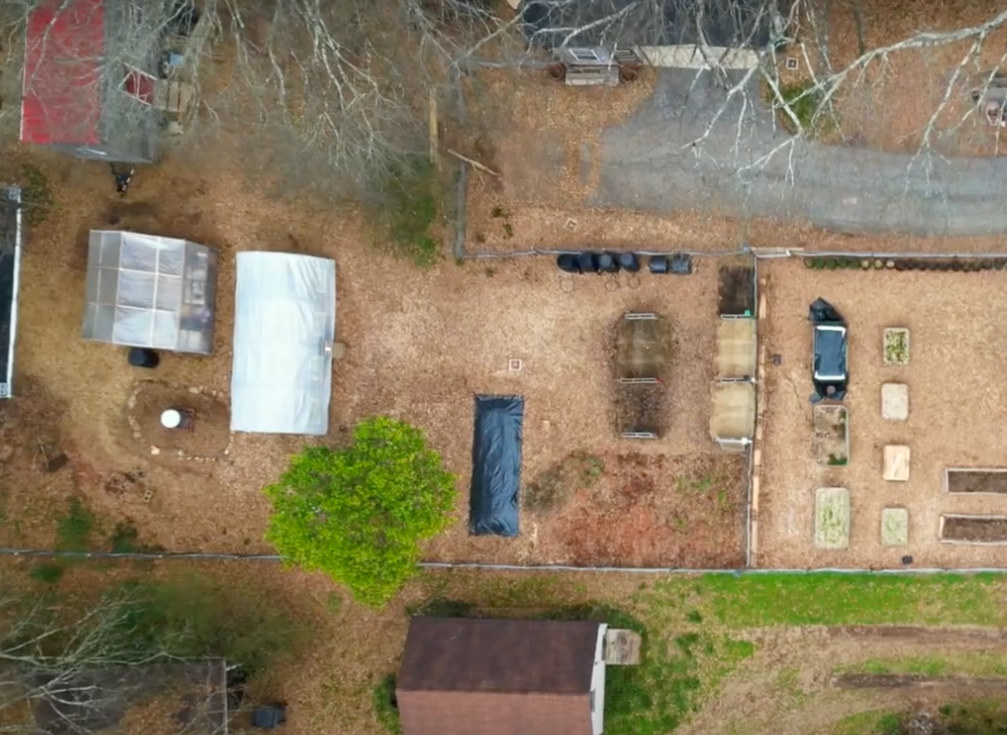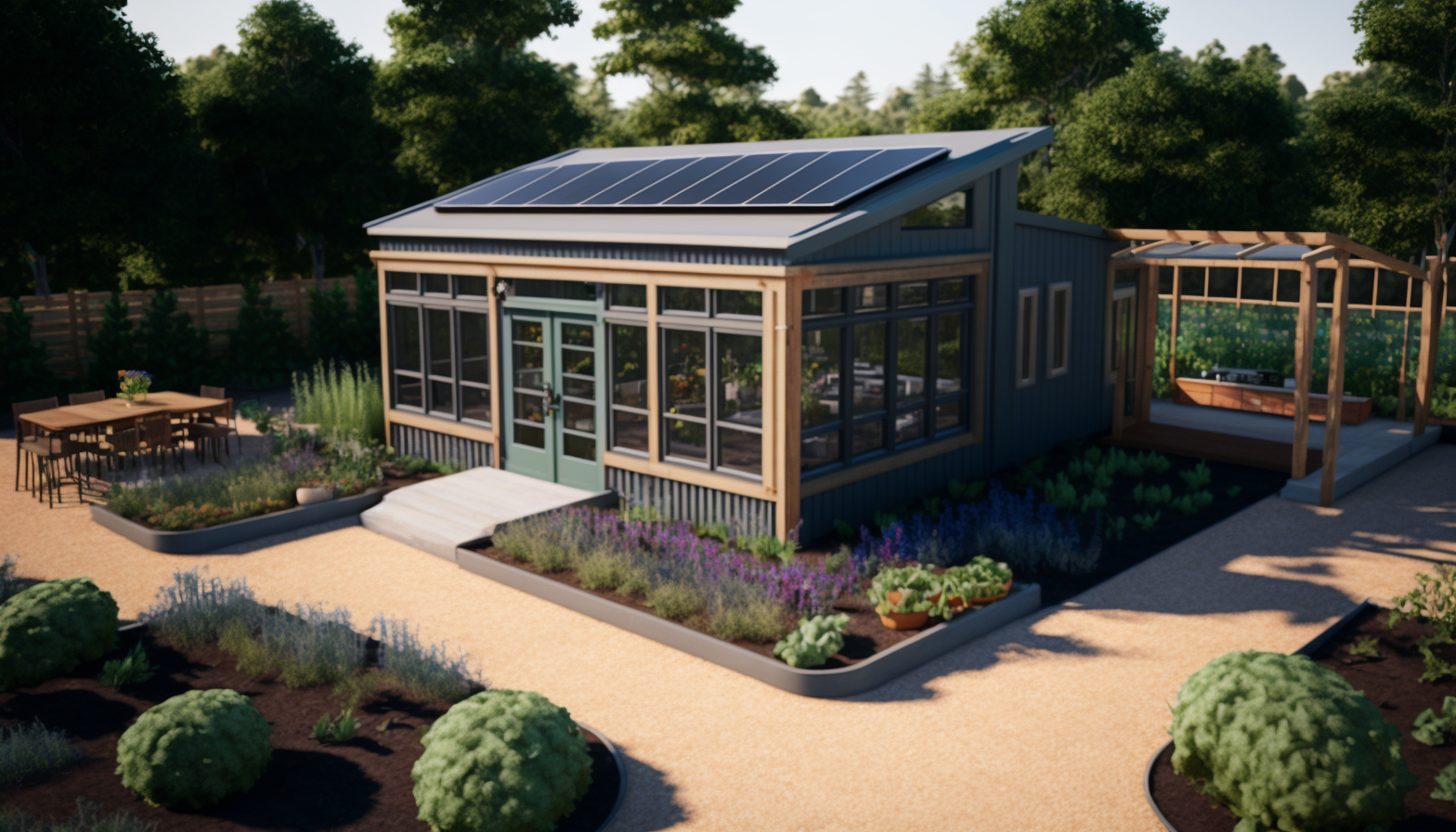Welcome to the world of land labs, where science, technology, engineering, and mathematics (STEM) converge with hands-on outdoor learning. Land labs, also known as outdoor classrooms, school gardens, community gardens, and even homesteads are designated areas on school, private, or community grounds that are used to teach students about a range of topics including organic agriculture, composting, rainwater collection, ecological studies, methane digesters, solar energy, biochar production, aquaponics, and more.
Organic Agriculture:
Organic agriculture is a method of farming that avoids the use of synthetic pesticides, fertilizers, and genetically modified organisms (GMOs) in favor of natural techniques that promote soil health and biodiversity. In a land lab, students can learn about the benefits of organic agriculture and see firsthand how organic practices can produce healthy crops and protect the environment.
Composting:
Composting is the process of breaking down organic matter such as food waste and yard trimmings into a nutrient-rich soil amendment. In a land lab, students can learn about the science of composting and see how it helps to reduce waste and improve soil health.
Rainwater Collection:
Rainwater collection is the process of capturing and storing rainwater for later use. In a land lab, students can learn about the importance of water conservation and see how rainwater can be collected and used for watering plants, washing hands, and flushing toilets.
Ecological Studies:
Ecological studies involve the observation and analysis of interactions between living organisms and their environment. In a land lab, students can learn about the ecosystem of their school or community grounds and conduct research on topics such as biodiversity, energy flow, and nutrient cycling.
Methane Digesters:
Methane digesters are systems that use bacteria to break down organic matter and produce methane gas, which can be used as a source of renewable energy. In a land lab, students can learn about the science of methane digestion and see how it can be used to generate electricity or heat.
Solar Energy:
Solar energy is a form of renewable energy that is produced by harnessing the power of the sun's rays. In a land lab, students can learn about solar energy and see how it can be used to power lights, water pumps, and other devices.
Biochar Production:
Biochar is a type of charcoal that is produced from biomass such as wood chips or agricultural waste. In a land lab, students can learn about the science of biochar production and see how it can be used to improve soil health and sequester carbon.
Aquaponics:
Aquaponics is a method of growing plants and fish together in a closed-loop system. In a land lab, students can learn about the science of aquaponics and see how it can be used to produce fresh produce and protein in a sustainable way.
Land labs provide a unique opportunity for students to learn about STEM topics in a hands-on, outdoor environment. By engaging in projects such as organic agriculture, composting, rainwater collection, ecological studies, methane digesters, solar energy, biochar production, and aquaponics, students can gain a deeper understanding of how science and technology can be used to solve real-world problems and promote sustainability.
In addition to the educational benefits, land labs also provide opportunities for students to develop important life skills such as teamwork, problem-solving, and critical thinking. By working together to design, build, and maintain the land lab, students can develop a sense of ownership and pride in their school or community.
In conclusion, land labs are a valuable tool for promoting STEM education and sustainability. By providing a hands-on, outdoor learning environment, land labs can inspire the next generation of scientists, engineers, and environmentalists to make a positive impact on the world.


Leave a comment
This site is protected by reCAPTCHA and the Google Privacy Policy and Terms of Service apply.